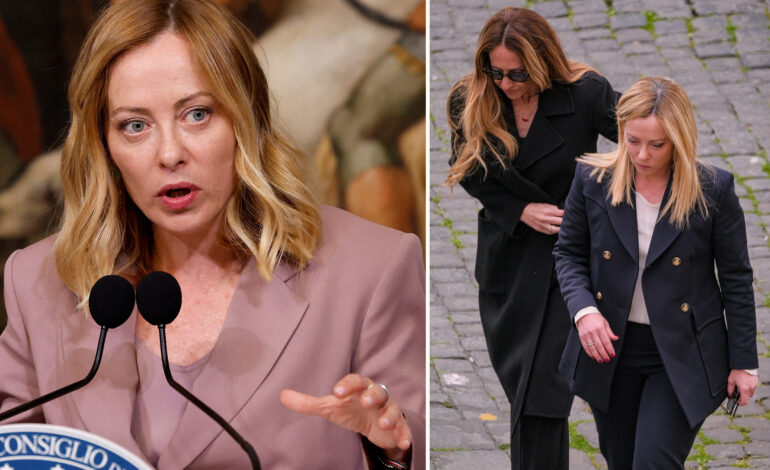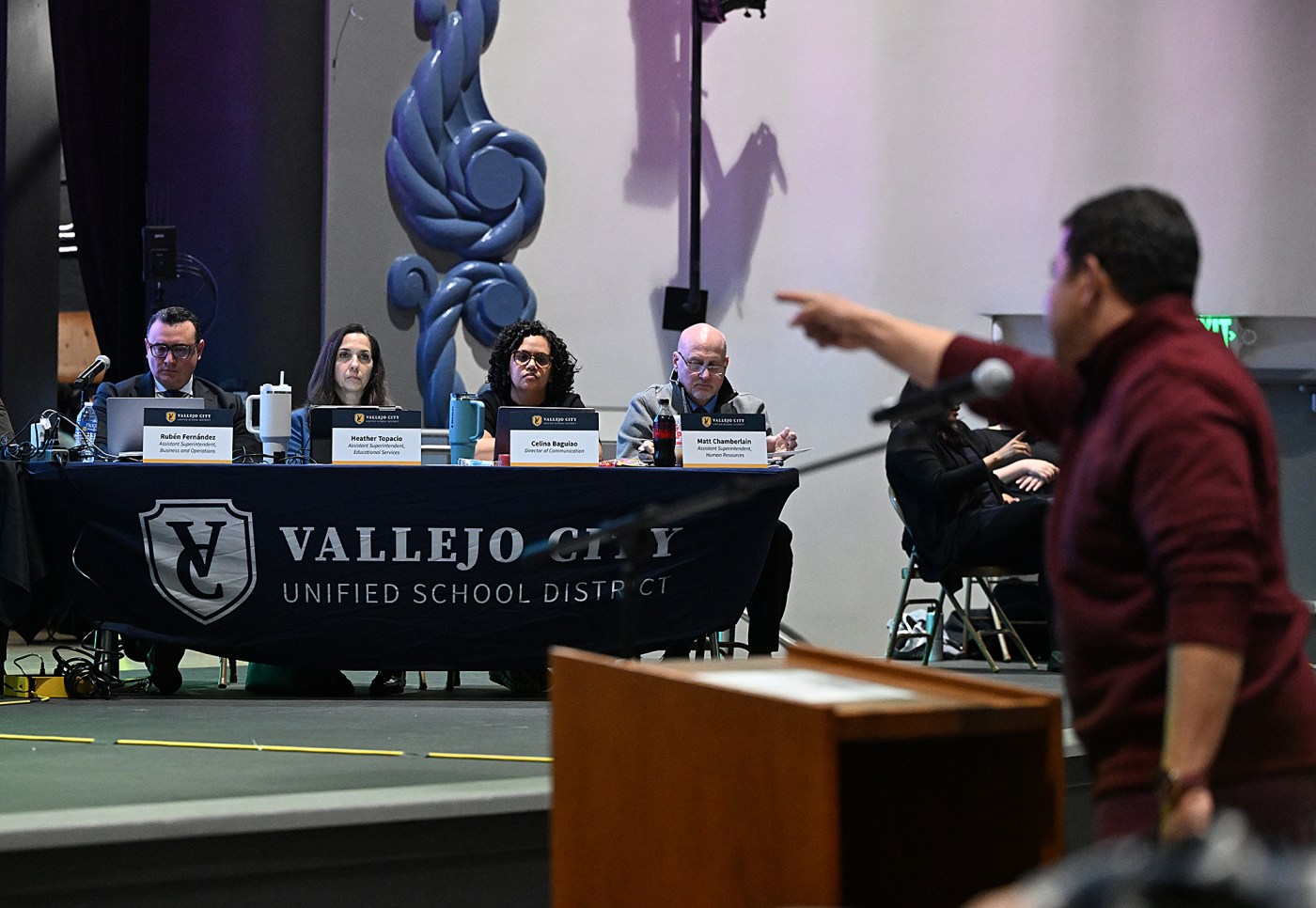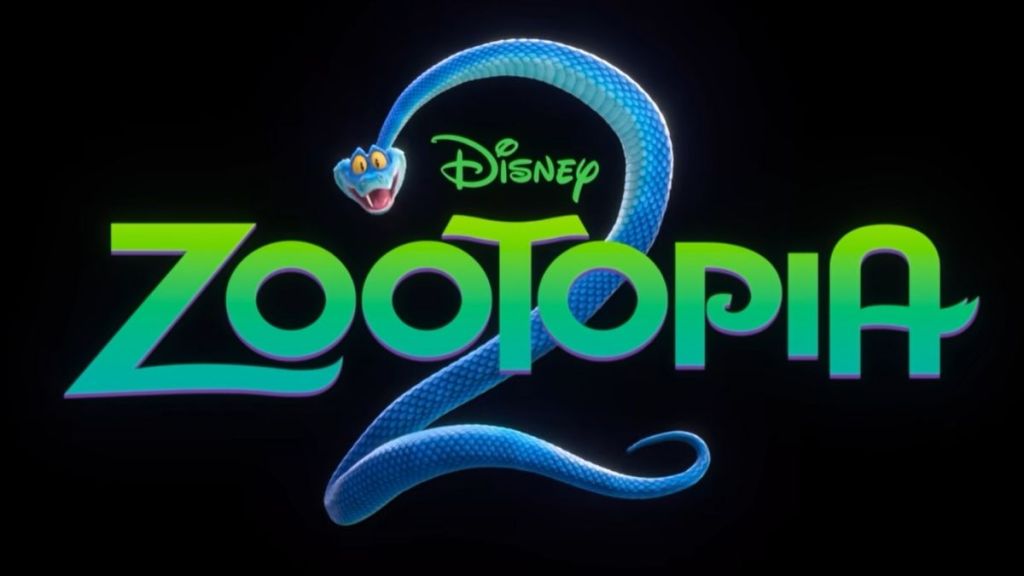Giorgia Meloni Speaks Out Against Porn Site Exploiting Women

Italy’s Prime Minister Giorgia Meloni has expressed her outrage over a pornography website that allegedly showcased doctored images of her and other prominent women, including her sister, Arianna Meloni. The site, known as Phica, featured a series of manipulated photos accompanied by offensive and sexist captions. These images quickly garnered attention, leading to a significant user base before the site was taken down by its managers, who blamed the violation of their own rules.
Meloni, who is known for her advocacy on women’s issues and her family-first political stance, described the incident as a deep violation of privacy. In an interview with Corriere della Sera, she commented, “I am disgusted by what happened, and I want to extend my solidarity and support to all the women who have been offended, insulted, and violated in their intimacy by the managers of this forum and its users.” Her sentiments echoed a broader concern about the treatment of women’s dignity in modern society.
Legal and Social Implications
The Italian Prime Minister highlighted the disheartening reality that, even in 2025, women continue to face demeaning and vulgar insults online. Arianna Meloni also weighed in, attributing the troubling behavior to a “bad habit of a click-through society,” where privacy is often disregarded. She lamented the trivialization of women’s real achievements, suggesting that society undervalues genuine contributions made by women.
In Italy, there is a law against revenge porn, established in 2019, which punishes the distribution of sexually explicit images without consent with a prison sentence of up to six years. However, Giorgia Meloni pointed out that the current legal framework may need updates to address the evolving nature of privacy violations. She noted that the distribution of such images can no longer be solely viewed through the lens of revenge, emphasizing the necessity for stronger protections of personal data.
Additionally, this incident is not an isolated event for Meloni. In 2024, she initiated legal action against a father and son who allegedly created a sexually explicit deepfake video of her, which circulated widely in the United States and was viewed “millions of times.” She is seeking approximately $108,200 in damages but has pledged to donate any awarded amount to a state fund dedicated to supporting women who have experienced violence.
The Rise of Digital Exploitation
The proliferation of deepfake technology and manipulated images has raised significant concerns regarding online privacy and safety. Deepfakes are generated using artificial intelligence to closely mimic a person’s likeness, while doctored images typically involve real elements that have been heavily modified. Just a week prior to the emergence of the Phica scandal, an Italian Facebook page that facilitated the sharing of intimate images of women, including family members, was shut down after numerous complaints were lodged with local authorities.
Meloni’s response to the recent events underscores an urgent call for greater awareness and protective measures surrounding women’s rights in the digital age. As discussions surrounding privacy and online safety continue, Meloni’s stance may catalyze further legislative action in Italy aimed at safeguarding individuals from similar violations in the future.






